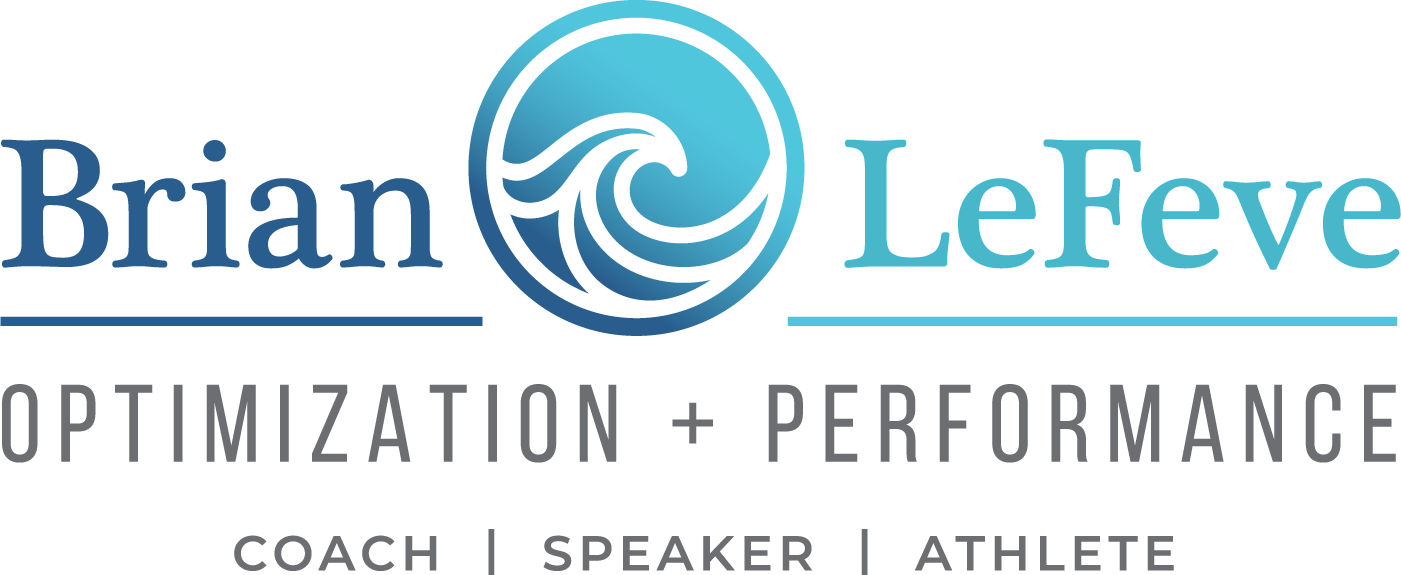The Power of Journaling: A Key Tool for Optimization and Performance
Journaling isn't just a way to record your daily events or thoughts; it's a powerful tool for self-improvement and mental clarity that can significantly enhance both your personal and professional life. At Brian LeFeve Optimization and Performance, we recognize the profound impact that journaling can have on mental performance, emotional regulation, and overall wellness. Here’s how you can harness the power of journaling to optimize your life and boost your performance.
Why Journal?
1. Clarifies Thoughts and Feelings: Sometimes our minds feel like they're in overdrive—full of tangled thoughts about our past, present, and future. Journaling helps untangle these thoughts, giving clarity and peace of mind. When you write down your thoughts, you're taking something abstract and making it concrete. This process often leads to insights and resolutions that were obscured by the chaos of a busy mind.
2. Tracks Progress and Growth: When you're committed to personal or professional growth, it's vital to have a clear view of your starting point and how you evolve over time. Journaling allows you to document your successes and challenges, providing a historical record that you can refer back to. This can be incredibly motivating, especially on days when you feel like you haven't made progress.
3. Enhances Creativity: The act of writing can stimulate creativity, freeing you from mental blocks. It encourages you to explore new ideas without judgment. For those involved in any creative field, journaling is like mental stretching before the physical activity of creation.
4. Boosts Mental Wellness: Regular journaling has been shown to improve mental health by managing anxiety, reducing stress, and coping with depression. By expressing your emotions on paper, you're employing a form of therapeutic release, better understanding your feelings and crafting healthier responses to them.
How to Journal Effectively
1. Choose Your Medium: Whether it’s a classic notebook, a digital app, or a voice memo, find a medium that feels the most comfortable and accessible for you.
2. Make It a Routine: Consistency is key. Try to incorporate journaling into your daily routine. Even just five minutes a day can make a significant difference. Morning journaling can set the tone for your day, while journaling before bed can provide a moment of reflection and calm.
3. Be Honest and Unfiltered: The journal is your private space. Honesty here is crucial for true personal growth. Don’t worry about grammar or style; focus on pouring out your thoughts as freely as possible.
4. Use Prompts: If you find yourself staring at a blank page, use prompts to get started. Questions like "What am I grateful for today?" or "What lessons did I learn?" can spark your thought process.
5. Reflect Regularly: Every once in a while, take time to go back through your entries. This reflection can illuminate patterns in your behavior and thinking that are ripe for improvement or celebration.
Journaling is more than just a method for recording life's events; it's a powerful tool for self-exploration and personal optimization. At Brian LeFeve Optimization and Performance, we encourage you to start your journaling journey today as part of your broader strategy for mental and physical wellness. Whether you're seeking to enhance your performance, manage stress, or foster creativity, journaling can be your pathway to a more optimized and fulfilling life. Start today, and watch how your pages fill not just with words, but with growth, insight, and discovery.
4
